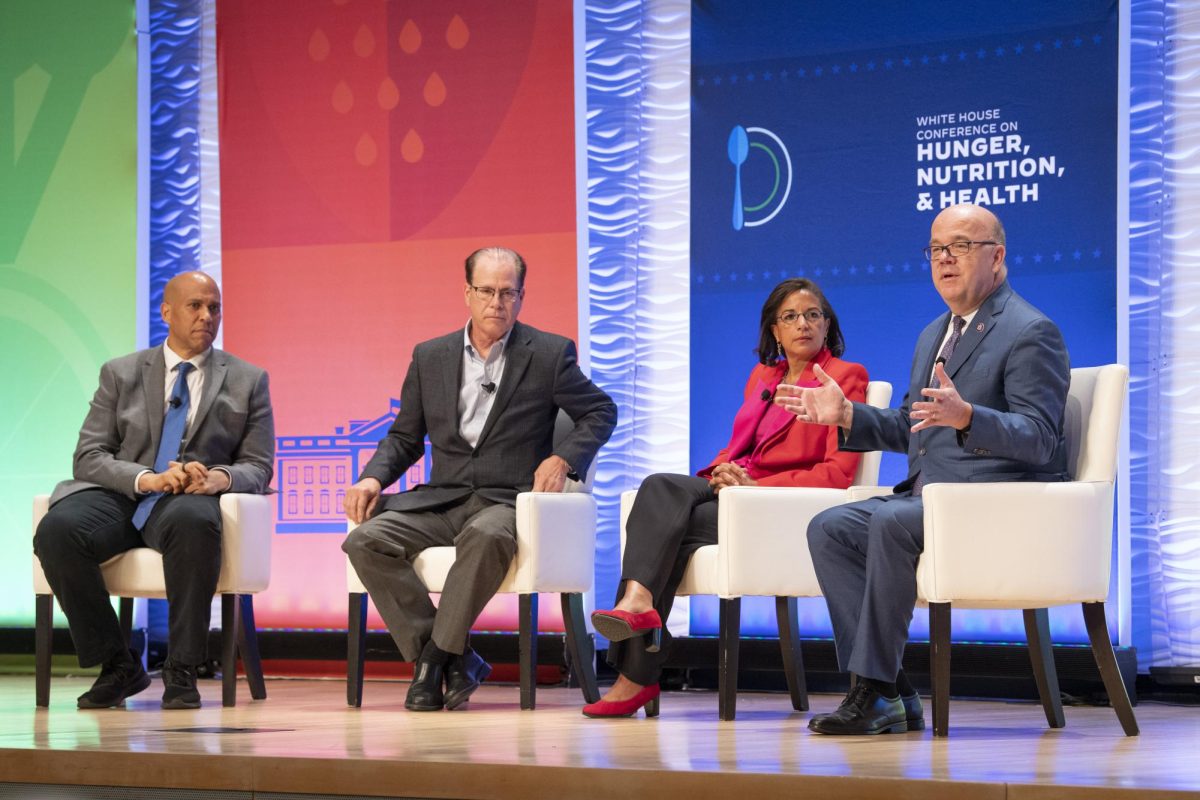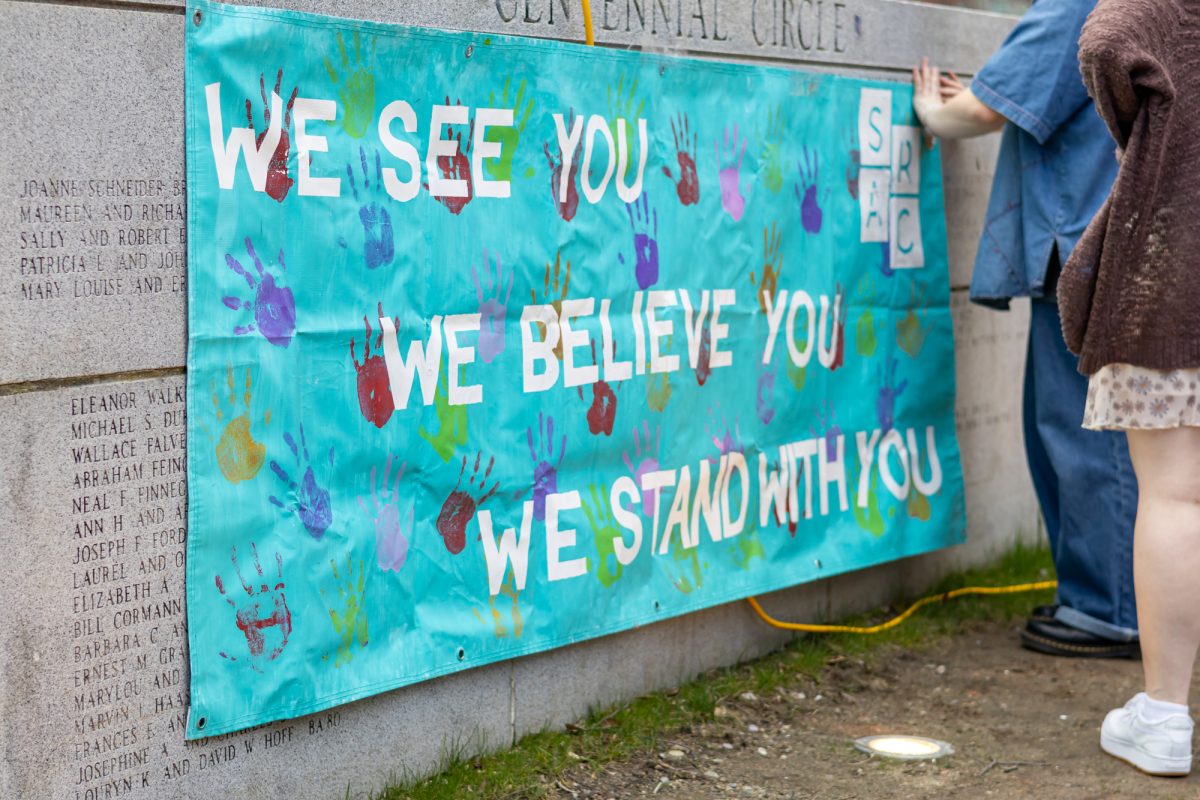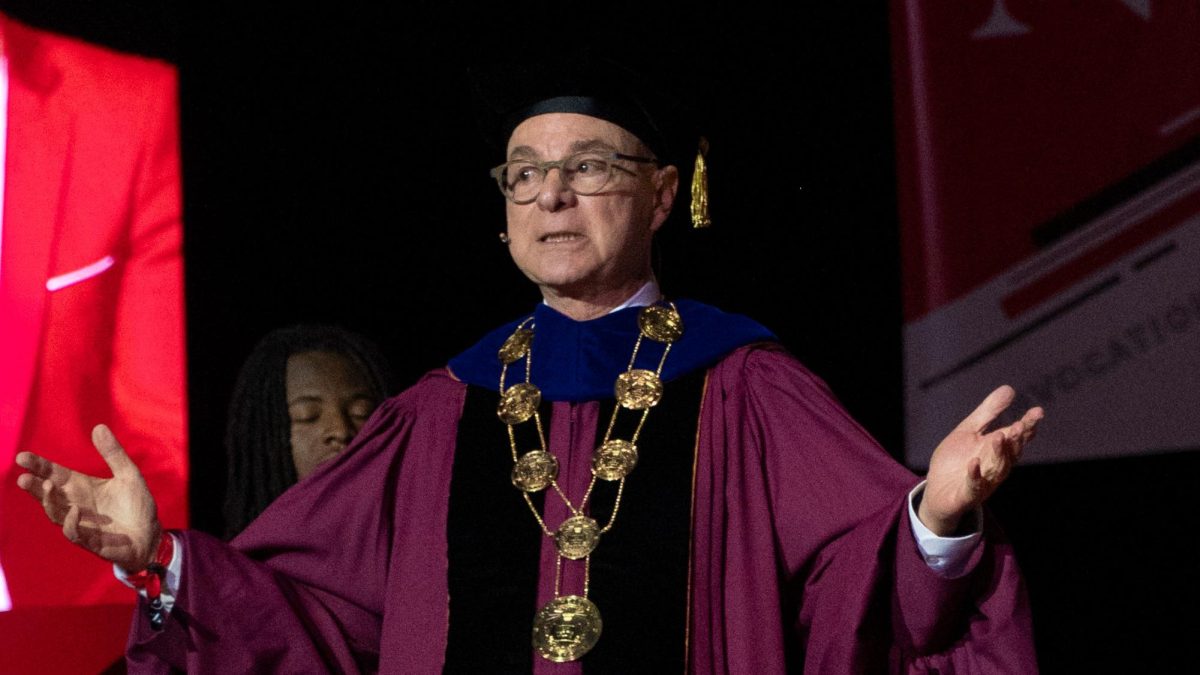While the Super Bowl riots brought the vast divide between students, universities and their surrounding neighborhoods to the forefront, this is a problem that has existed for decades. As a consequence there has been a great deal of discussion over the last few months about ways in which Northeastern can improve its connections with its neighbors. As students it is very easy to be oblivious to the problems that face the communities in which we live. However, one problem that students, universities and community members can find common ground on is the need to solve the affordable housing crisis.
Some aspects of the crisis we are well aware of, for instance, staggering rent prices. Over the past five years rent prices in Boston have increased by 60 percent, making Boston one of the most expensive cities in the United States to live in. Other aspects are less obvious, such as evidence that African-Americans and Latinos face discrimination in one-half to two-thirds of their attempts to rent an apartment. The crisis is not only a problem in Boston, it extends to the state as a whole. Thirty-five thousand families and individuals lose their homes each year, as tenants have little protection from massive rent increases or eviction.
While colleges and universities contribute greatly to Boston and its communities, they are also part of the housing problem. Students who move off-campus replace families who cannot pay nearly as much rent. Universities are unwilling or unable to construct enough affordable, on-campus housing. However, the point is not to heap more blame on Northeastern and its students; we already have had enough of that to last for years. Rather, the purpose is to point out that Northeastern can be an important part of the solution to these problems and that we can and should co-exist positively with our community. But, where do we start?
One simple step students can take is to contact the City Council and voice their support for the Tenant and Small Property Owners Protection Act. This legislation, if passed, will provide students and non-students alike protection from rent gouging, foreclosures and eviction without cause. Furthermore, if we truly want to have a healthy, productive relationship with our neighbors, we should call on the administration to work in a proactive manner with community groups to address their concerns. Together we will be able to work towards an amicable solution to the housing crisis.
If you are interested in learning more about this issue, how it affects you and what you can do to help, the Progressive Student Alliance and the Fenway Community Development Corporation will be holding a forum for students, faculty, administration and community members Thursday, April 8 at 7 p.m. in Room 220 of the Behrakis Health Sciences Center.
— Elliott McGann is a junior political
science major.








